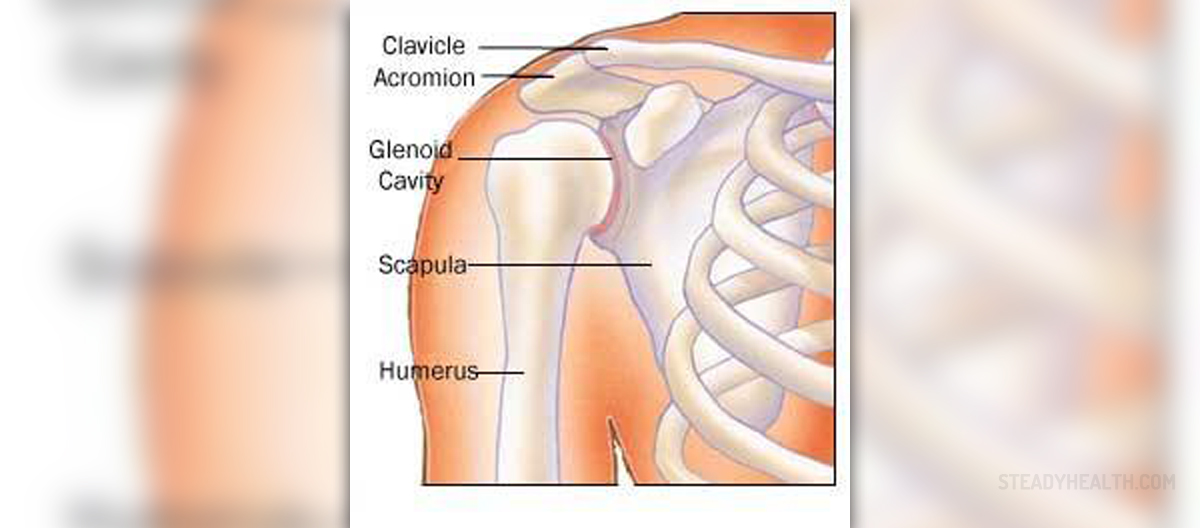
Our rotator cuff is located in our shoulder, made out of muscles and tendons which connect the upper arm with our shoulder blade. These tissues hold the ball of the upper arm securely in the socket of the shoulder, allowing a wide-range of motion which characterizes this part of our body.
A Thing or Two about Rotator Cuff Injury
When this area suffers from tissue damage or irritation affecting muscles or tendons, a rotation cuff injury takes place. This might happen once you fall, lift something too heavy or perform numerous actions repeatedly during sports, for example. Most commonly, the condition affects people who perform actions while raising their arms overhead. In a majority of cases, rotator cuff injury goes away on its own, once you provide with proper rest, adequate self-care and suitable exercises.
Treatments for Rotator Cuff Injury
Exercise therapy is the most frequent way of treating an injured rotator cuff. There are specific exercises and physical activities designed for treating this condition and your doctor, upon examining your injured shoulder, will suggest the best rehabilitation program for this purpose. The more severe the injury is, the longer it takes for it to heal. So, expect anything from several weeks to several months.
Alternatively, steroid injections may be administered in order for the pain and inflammation to be dealt with. Also, if the injury is serious and fails to heal through non-invasive methods of treatment, surgery may present an inevitable option for repairing the tear in the rotator cuff. Through surgery, doctors may also remove any bone spurs or excessive calcium deposits. The incisions necessary to be made may range from small to large, depending on the injury and the approach. If arthropathy, being a serious form of arthritis, affects the area, a special surgery called arthroplasty is performed, possibly involving partial or complete shoulder replacement.
Finally, people with recurrent and complicated shoulder problems may benefit from reverse ball-and-socket prosthesis.
As for steps you might do to help your rotator cuff heal, resting is crucial. So, do not lift anything heavy and make sure you keep your shoulder as inactive as possible. Ice and heat application may help with reducing the pain and swelling. Alternatively, you might consider taking over-the-counter painkillers or non-steroidal anti-inflammatory drugs.
Ultimately, do some gentle shoulder exercises since total inactivity may lead to stiff joints. Thus, keep your muscles limber, stretch them gently and do some low-impact exercises.


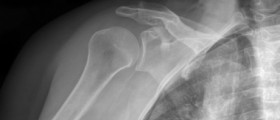
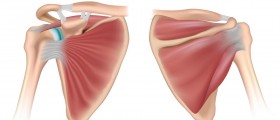
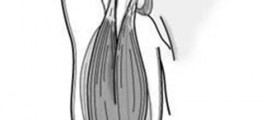

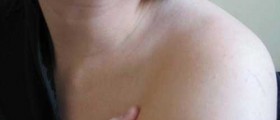
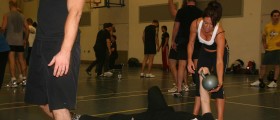
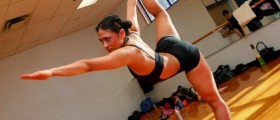
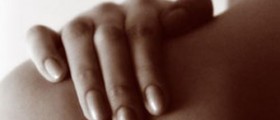

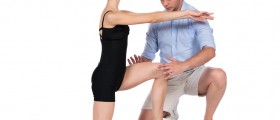


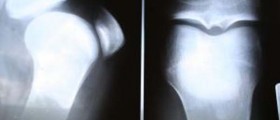
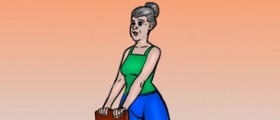
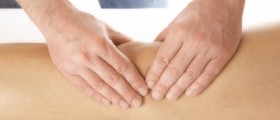
Your thoughts on this
Loading...